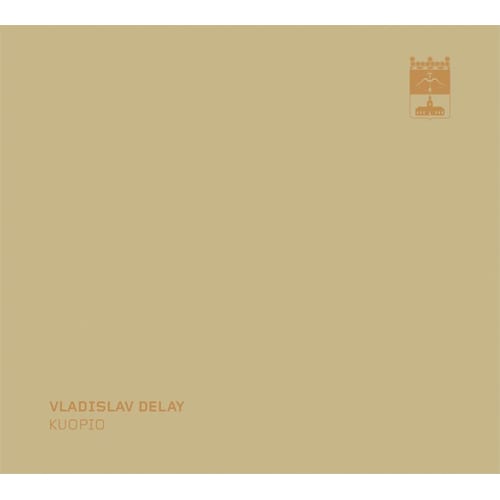
Sasu Rippatti has channeled a dizzying number of personas across a vast musical terrain. He’s dabbled in vocal-driven minimal as Luomo, in soulful techno as Uusitalo and in rough basement house as Sistol. All of these projects have been intriguing and often inspired expositions of form, yet they have always felt like flights of fancy, experiments for Rippatti to dabble in before returning to his uniquely styled comfort zone as Vladislav Delay.
In contrast to Rippatti’s other fleeting interests, Vladislav Delay has moved at a slow, meditative pace. The core elements of these compositions have remained almost obsessively concrete: glacial synths swell up to meet with collapsing rhythms to create a dubbed-out interpretation of the Clicks & Cuts micro-genre. The difference between one release and the next is therefore marked by devilishly subtle alterations and refinements, all carefully calculated and coolly executed. If this makes Vladislav Delay sound offensively clinical, the music testifies against such judgements. Yes, it requires patience, but the reward is total immersion in a rich sound scape that has its curve balls at exactly the right moments.
Take Rippatti’s most recent release on Raster-Notion, The Espoo EP, which subtly developed the restraint of previous efforts to new extremes. Across four songs, a handful of elements are threaded together as the songs mutate through a series of deceptive rhythmic changes, recalling the scalpel precision of SND. These ultra-minimalist songs took a single idea and refused to lay it to rest until its possibilities had been utterly exhausted. Espoo’s sonic palette was also a subtle development , migrating away from icy clean synth sounds to embrace a more roughened-up, altogether noisier production.
Espoo was an entrancing half hour, yet the prospect of an album which maintains such a pious sense of restraint is more than a little daunting. This is perhaps why Kuopio feels like the logical step for Rippatti to take. Across its nine tracks, Rippatti has maintained the ruggedness of Espoo, but shunned the obsessive repetition. The tracks dance around common themes but are unafraid to toss in a dose of crispy percussion, a depth charge of reverb or even (shock horror!) a chord change. Some songs, such as Kellute, transform themselves throughout as they develop new rhythmic patterns and tempos. And, reassuringly, elements of glitch are still present and correct, as in the collapsing patterns of Marsila.
In short, Kuopio is an exciting and immersive development in the Vladislav delay canon that isn’t afraid to step away from an artistic straight jacket to show itself off. This isn’t to say that Rippatti has presented a series of blinding showstoppers – that clearly isn’t the Vladislav Delay way. Yet in his own nonchalant way, Rippatti has ingeniously avoided recycling himself.